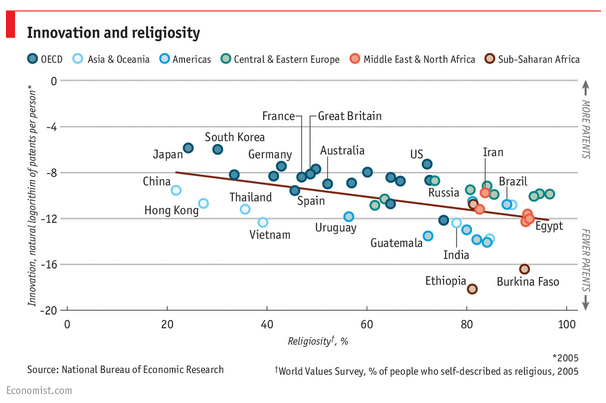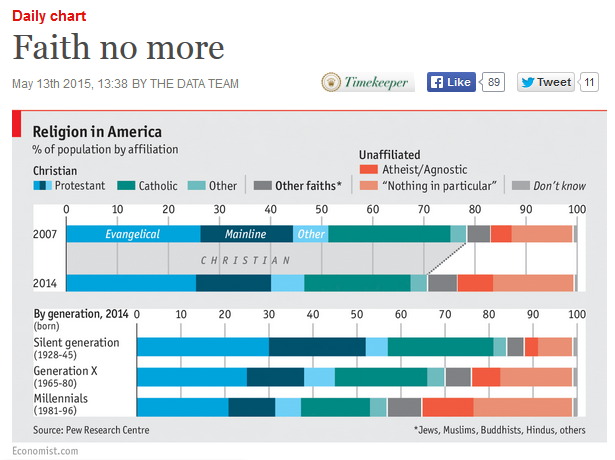Tuesday, May 19, 2015
Wednesday, May 6, 2015
The Domestic Politics of Australian Foreign Policy
The major issue in Australian foreign policy at the moment is relations with Indonesia. Expect the Abbott government to try to move on from the execution of Sukumaran and Chan as soon as they can. Policy-makers know that good relations with Indonesia are essential for Australia's national interests in security and prosperity.
The Australian public is a different story with many people divided between those who argue that the executions were a disgrace and those who believe that the men knew what they were getting into. The whole issue has been complicated by the role of the Australian federal police in tipping off the Indonesian authorities, with their actions indirectly leading to the executions. I'm firmly on the side of the former view and I am a firm opponent of the death penalty under all circumstances, although as a caveat I feel that life sentence prisoners could be given the option of killing themselves through non-violent means.
The case exposes a whole range of Australian attitudinal hypocrisies - concern about Australians being executed rather than other nationals, concern about these actions of the Indonesian state, but not others involving Indonesians such as in Irian Jaya. Tony Abbott's efforts to encourage Indonesian clemency, especially the association of the issue with Australian aid, attracted significant scorn in Australia.
Essential has just conducted several polls related to the issue and they are particularly revealing of popular attitudes.
Roughly 40 per cent, across all categories of voters want some form of punitive action. This is quite an amazing result suggesting that more than a third of all Australians - young and old, left and right, male and female are angry with Indonesia and want action. They will not get this response from the government.
More generally, however, Australians are not particularly trusting of the government's handling of international relations, with nearly 60 per cent lacking trust. Here there is a clear distinction between Coalition and Labor, with Green voters most critical. This is not a development associated with the executions, with trust levels fairly consistent since the election of the government.
Similarly the executions have not significantly altered Australians' attitudes to the government's handling of relations with Indonesia. Around 40 per cent believe the government's handling of Indonesian affairs is poor, with clear distinctions (unsurprisingly) between Coalition and Labor voters. Around a quarter of voters opt for the neither good nor bad option.
Australians continue to rate the United States as Australia's most important international relationship, although this figure has dropped in recent years. Around 44 per cent of Australians rate close relations with the United States as very important, just above China with 39 per cent and the United Kingdom with 39 per cent. Indonesia registers a lowly 21 per cent. Even close relations with Canada are rated more highly.
These figures would cause exasperation among foreign policy specialists who would argue that close relations with key Asian countries matter most of all. Given its proximity close relations with Indonesia should be considered very important by a majority of Australians
There is a clear distinction in the arena of foreign policy between elite and popular perceptions. Foreign policy professionals generally argue that foreign policy should be held above the fray of domestic politics. But like all areas of policy, governments and oppositions, often try to use foreign (and security) policy for electoral advantage. There is a danger in the pursuit of populism, but over the longer-term government's cannot ignore popular opinion even in the field of foreign policy.
Foreign policy elites worried about the foolishness of popular views on foreign policy should probably not be too concerned. Generally, popular concerns move on and the diplomats can get back to business as usual.
The Australian public is a different story with many people divided between those who argue that the executions were a disgrace and those who believe that the men knew what they were getting into. The whole issue has been complicated by the role of the Australian federal police in tipping off the Indonesian authorities, with their actions indirectly leading to the executions. I'm firmly on the side of the former view and I am a firm opponent of the death penalty under all circumstances, although as a caveat I feel that life sentence prisoners could be given the option of killing themselves through non-violent means.
The case exposes a whole range of Australian attitudinal hypocrisies - concern about Australians being executed rather than other nationals, concern about these actions of the Indonesian state, but not others involving Indonesians such as in Irian Jaya. Tony Abbott's efforts to encourage Indonesian clemency, especially the association of the issue with Australian aid, attracted significant scorn in Australia.
Essential has just conducted several polls related to the issue and they are particularly revealing of popular attitudes.
Roughly 40 per cent, across all categories of voters want some form of punitive action. This is quite an amazing result suggesting that more than a third of all Australians - young and old, left and right, male and female are angry with Indonesia and want action. They will not get this response from the government.
More generally, however, Australians are not particularly trusting of the government's handling of international relations, with nearly 60 per cent lacking trust. Here there is a clear distinction between Coalition and Labor, with Green voters most critical. This is not a development associated with the executions, with trust levels fairly consistent since the election of the government.
Similarly the executions have not significantly altered Australians' attitudes to the government's handling of relations with Indonesia. Around 40 per cent believe the government's handling of Indonesian affairs is poor, with clear distinctions (unsurprisingly) between Coalition and Labor voters. Around a quarter of voters opt for the neither good nor bad option.
Australians continue to rate the United States as Australia's most important international relationship, although this figure has dropped in recent years. Around 44 per cent of Australians rate close relations with the United States as very important, just above China with 39 per cent and the United Kingdom with 39 per cent. Indonesia registers a lowly 21 per cent. Even close relations with Canada are rated more highly.
These figures would cause exasperation among foreign policy specialists who would argue that close relations with key Asian countries matter most of all. Given its proximity close relations with Indonesia should be considered very important by a majority of Australians
There is a clear distinction in the arena of foreign policy between elite and popular perceptions. Foreign policy professionals generally argue that foreign policy should be held above the fray of domestic politics. But like all areas of policy, governments and oppositions, often try to use foreign (and security) policy for electoral advantage. There is a danger in the pursuit of populism, but over the longer-term government's cannot ignore popular opinion even in the field of foreign policy.
Foreign policy elites worried about the foolishness of popular views on foreign policy should probably not be too concerned. Generally, popular concerns move on and the diplomats can get back to business as usual.
Subscribe to:
Posts (Atom)




























